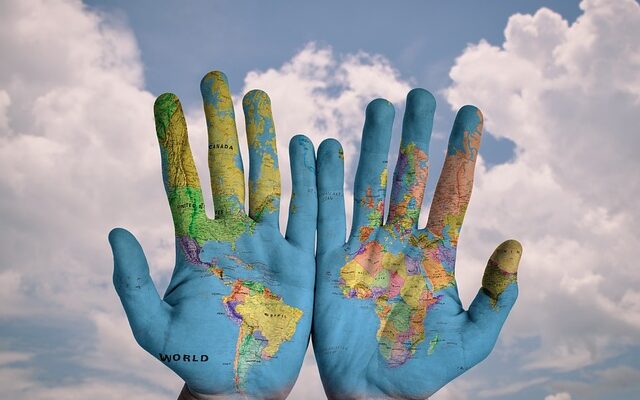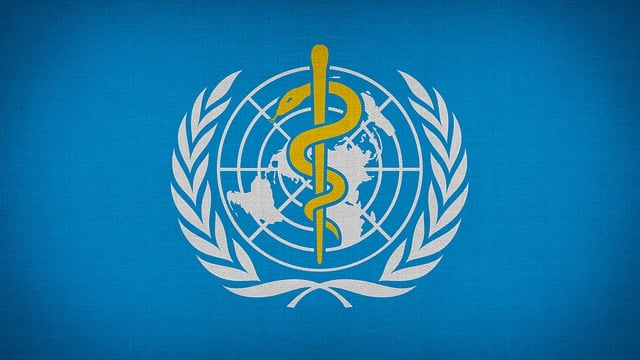January 29, 2023 Imphal By Banti Phurailatpam:
Contents
Introduction:
In the intricate tapestry of global health, one organization stands out as the sentinel of well-being for people around the world—the World Health Organization (WHO). Established in the aftermath of World War II, the WHO has evolved into a paramount force in shaping health policies, conducting groundbreaking research, and responding to health crises on a global scale. In this comprehensive exploration, we delve into the origins, functions, challenges, and impact of the World Health Organization, shedding light on its pivotal role in safeguarding the health of humanity.
I. Origins and Founding Principles:
Post-War Vision for Global Health:
Founded on April 7, 1948, the WHO emerged from the visionary ideals of the United Nations (UN) to foster international cooperation for health.
Explore the historical context that prompted the establishment of the WHO in the aftermath of World War II.
Constitution and Founding Principles:
Examine the WHO’s constitution, which articulates its primary objective of attaining the highest possible level of health for all.
Analyze the core principles, such as equity, solidarity, and the right to health, that underpin the organization’s mission.
II. Organizational Structure and Leadership:
The World Health Assembly (WHA):
Explore the highest decision-making body of the WHO, the World Health Assembly, consisting of member states that convene annually to set policies and approve budgets.
Delve into the decision-making process and the significance of resolutions passed during WHA sessions.
Director-General and Executive Board:
Understand the role of the Director-General, the chief executive officer of the WHO, and the Executive Board, which provides strategic direction and oversight.
Explore the qualifications and responsibilities of the Director-General and their impact on global health.
III. Core Functions and Mandates:
Leadership in Global Health:
Discuss the WHO’s role as the leading authority on international public health, shaping the global health agenda and providing evidence-based guidance.
Explore how the WHO collaborates with member states, non-governmental organizations, and other stakeholders to address health challenges.
Health Systems Strengthening:
Examine the WHO’s efforts to enhance health systems worldwide, focusing on accessibility, quality, and resilience.
Analyze programs aimed at improving healthcare infrastructure, workforce development, and service delivery.
Disease Surveillance and Response:
Investigate the WHO’s role in monitoring and responding to global health threats, from infectious diseases to pandemics.
Explore case studies of the WHO’s response to major health crises, such as the Ebola outbreak and the ongoing COVID-19 pandemic.
Research and Innovation:
Highlight the WHO’s commitment to advancing scientific research and innovation in the field of health.
Explore initiatives that promote research, development, and equitable access to life-saving technologies.
IV. Global Health Achievements and Milestones:
Eradication and Control of Diseases:
Celebrate the WHO’s contributions to the eradication of smallpox and efforts to control diseases such as polio, malaria, and tuberculosis.
Analyze the impact of vaccination campaigns and global health initiatives on disease prevention and control.
Maternal and Child Health:
Explore the WHO’s initiatives to improve maternal and child health, focusing on reducing maternal mortality, promoting family planning, and addressing childhood malnutrition.
Discuss the organization’s efforts to enhance reproductive health services worldwide.
HIV/AIDS and Global Health Partnerships:
Examine the WHO’s role in addressing the HIV/AIDS pandemic and fostering partnerships with other organizations, governments, and civil society.
Explore collaborative efforts to expand access to antiretroviral therapy and prevent the spread of HIV.
V. Challenges and Criticisms:
Pandemic Response and Global Coordination:
Discuss challenges faced by the WHO in responding to global pandemics, with a focus on lessons learned from the COVID-19 pandemic.
Analyze the organization’s role in coordinating international efforts and addressing disparities in vaccine distribution.
Funding and Resource Constraints:
Explore challenges related to funding, with an emphasis on the WHO’s dependence on voluntary contributions.
Discuss the implications of resource constraints on the organization’s ability to address health inequalities and emerging health threats.
Political Influence and Geopolitical Considerations:
Examine instances where the WHO’s decision-making has been influenced by geopolitical considerations.
Discuss criticisms regarding the organization’s perceived bias and challenges in navigating political dynamics.
VI. Future Directions and Global Health Governance:
Health for All in the 21st Century:
Explore the WHO’s vision for the future, emphasizing the pursuit of universal health coverage, health equity, and sustainable development.
Discuss initiatives aimed at addressing emerging health challenges, including climate change and non-communicable diseases.
Reforming Global Health Governance:
Examine proposals for reforming global health governance, including discussions on the WHO’s structure, funding mechanisms, and decision-making processes.
Discuss the role of member states, civil society, and the private sector in shaping the future of global health governance.
VII. Conclusion:
As we reflect on the remarkable journey of the World Health Organization, it becomes evident that this global health guardian has played a pivotal role in advancing the well-being of humanity. From eradicating deadly diseases to responding to unprecedented health crises, the WHO continues to navigate the complex landscape of global health with resilience and determination. As the world grapples with new challenges and opportunities, the role of the WHO remains integral to ensuring that health becomes a universal right rather than a privilege. In the years to come, the WHO will continue to be a beacon of hope, guiding nations towards a future where health truly knows no borders.





